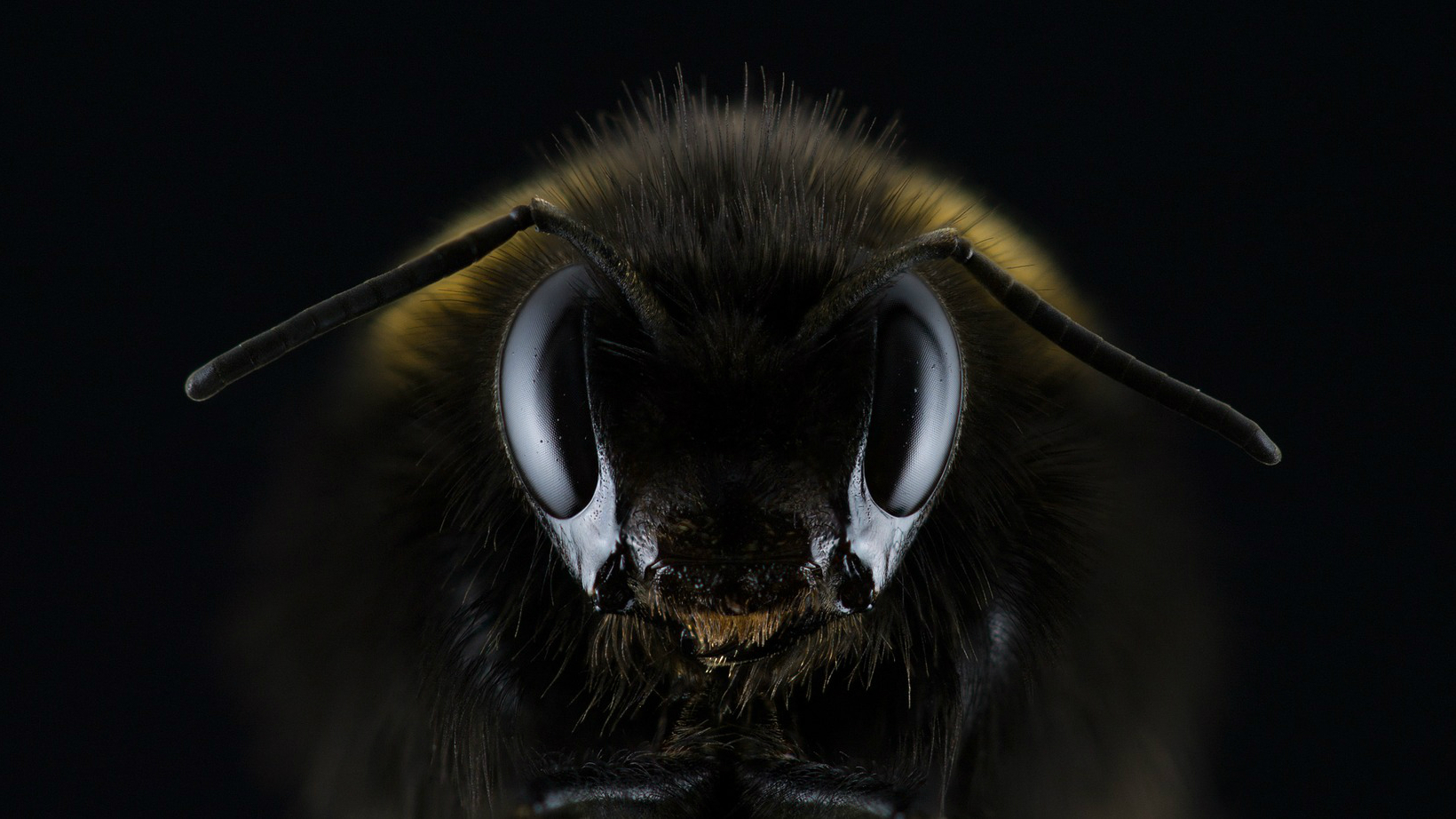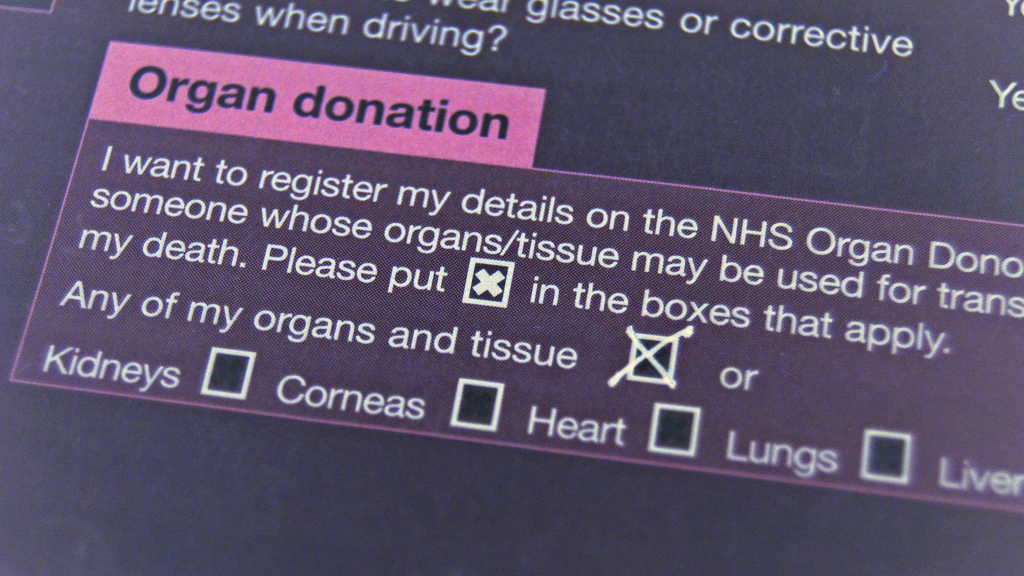Stephen Johnson
Managing Editor, Big Think
Stephen Johnson is the Managing Editor of Big Think. Formerly a long-time contributor to Big Think, he is a St. Louis-based writer and editor whose work has been featured in U.S. News & World Report, PBS Digital Studios, Eleven Magazine, and The Missourian.

In rural America, the odds of having access to a specialized mental health professional are slim, according to new research.
The findings are among the few to detail the intersection of pathological personalities and sex preferences.
Google’s homepage doodle for today, June 22, honors the memory of renowned science fiction author Octavia E. Butler. It would have been her 71st birthday.
Scientists have long known of an association between Alzheimer’s disease and viruses, but whether that link is meaningful has been a mystery for decades. A new study published in the […]
The Netherlands is set to close four more prisons following some of the lowest crime rates the country’s seen in decades—but do those statistics reflect the reality of Dutch crime?
After more than a decade since launching its first Firefox browser, Mozilla has been steadily earning web browser converts with its newest browser Firefox Quantum.
In a stark reversal on immigration policy, President Donald Trump signed an order on Wednesday that ends the controversial practice of separation immigrant children from families at the border.
A new paper suggests past research on MDMA often overestimated the dangers of the drug because the studies examined heavy users, not average ones.
The fundraiser started on Saturday morning with a goal of $1,500, but at one point on Monday the campaign was earning $4,000 every minute.
President Donald Trump wants to create Space Force, a sixth branch of the military that would likely boost U.S. military capabilities and weaponry in space—if congress approves it.
Past research on ‘disgust sensitivity’ show it’s linked to political orientation, but the new study is the first to explore exactly how it’s linked to voting behavior.
A new study on more than 32,000 nurses explores how chronotype may influence women’s chances of developing depression.
It’s no surprise our level of empathy impacts how we process social interactions with other people. But how might empathy affect the way we process music? That’s the question addressed […]
A full-time minimum wage isn’t enough money to rent an averagely priced one-bedroom home anywhere in the U.S., according to an annual report issued this week by the National Low […]
Health hazards like depression, suicidal ideation, and sexual violence seem to be increasingly prevalent among U.S. teenagers, according to new CDC report.
Millions of people will watch the 2018 FIFA World Cup this week on TVs and computers. But new technology suggests the next World Cup might be watched through 3D holograms.
In about 500 pages of documents, Facebook responded to questions from U.S. senators about privacy, monopoly, and political discourse on the world’s largest social media platform.
Apple’s new Screen Time function will show users detailed reports on phone usage, allow users to limit access to apps, and let parents manage their kids’ screen time.
A federal judge ruled Tuesday that AT&T may purchase Time Warner, without any conditions, arguing that the $85 billion deal doesn’t violate antitrust law.
Russian workers are being taught the art of smiling in order to seem more welcoming to the 1.5 million tourists expected to attend the 2018 FIFA World Cup this week […]
In an unprecedented summit on Tuesday, North Korea has pledged to denuclearize the Korean Peninsula, though the vague promise comes with significant concessions from the U.S.
Marketers have long used envy as a tactic to sell products, but a new study suggests that it only works on people with a high sense of self-esteem.
On Monday, a relatively small South Korean cryptocurrency exchange revealed hackers had made off with about $37 million in coins, spooking markets worldwide.
A new study of CDC survey data shows that children with autism spectrum disorder are more than twice as likely to have a food allergy, causing scientists to ask which comes first.
Scientists in Australia have demonstrated that honeybees can be trained to understand the concept of zero, something which took humans millennia to develop.
The widely beloved chef, writer and TV host Anthony Bourdain was found dead Friday morning at age 61. Here’s a brief look at the work and life that made him an international culinary star.
Iceland just passed a law that changes its organ donor program from ‘opt-in’ to ‘opt-out’, a move that effectively turns every citizen into a donor unless otherwise specified.
New research reveals empirical data on how anti-Muslim sentiment could be nudging some Muslim Americans toward extremism.
Caffeine is consumed by some 90% of Americans every day, but not everyone is getting the most of its stimulating effects.
Microsoft is experimenting with underwater data centers that could cut cooling costs and provide faster internet connections to the billions of people who live near oceans.





























